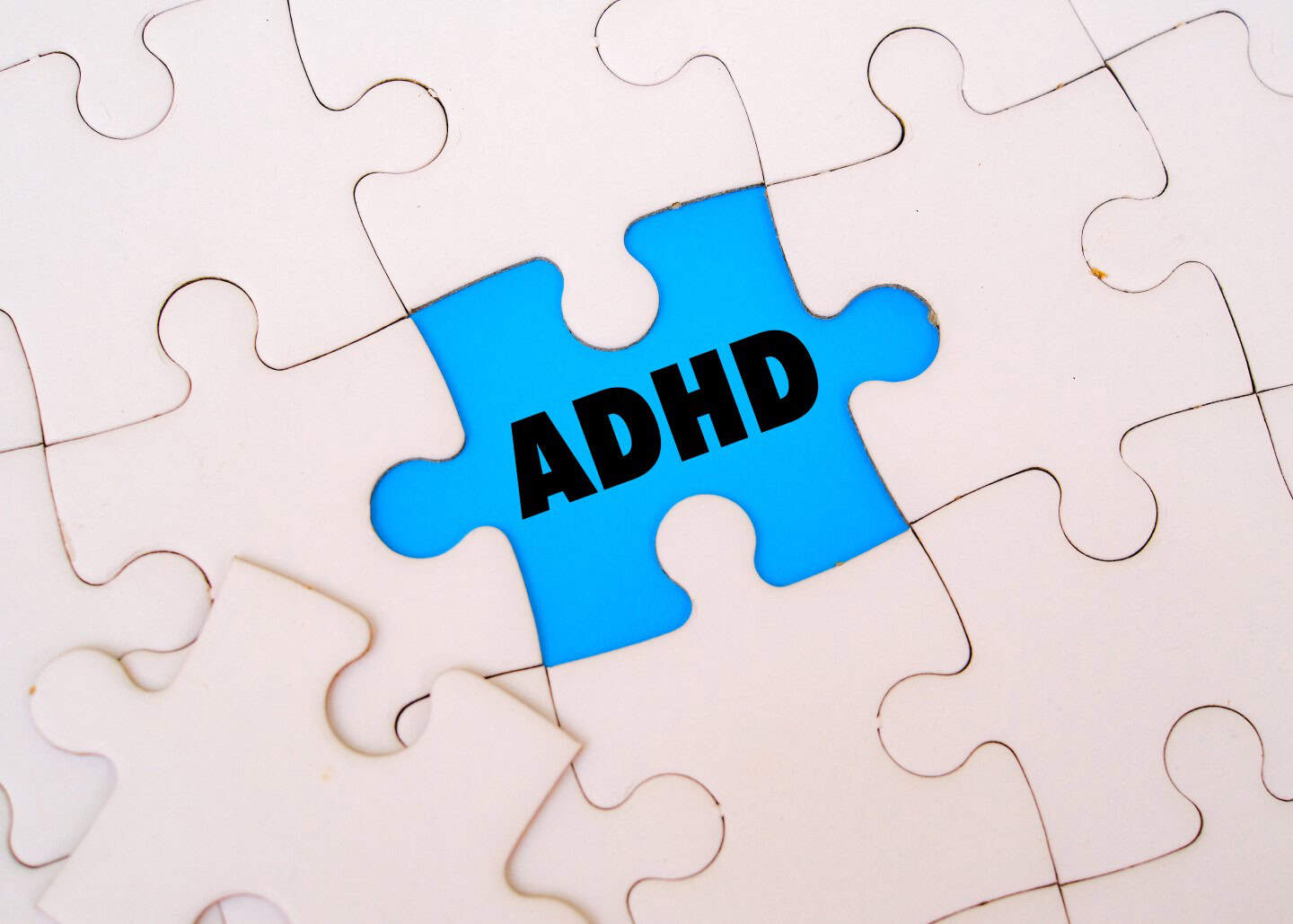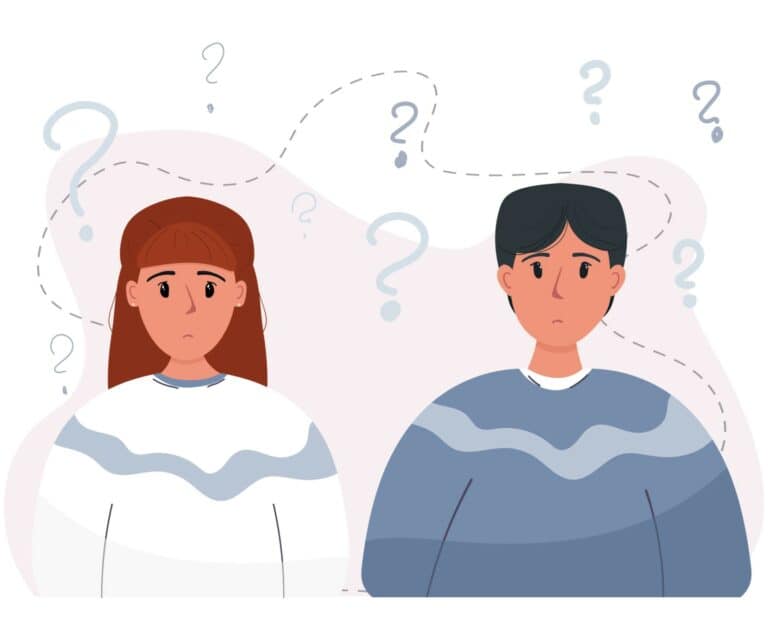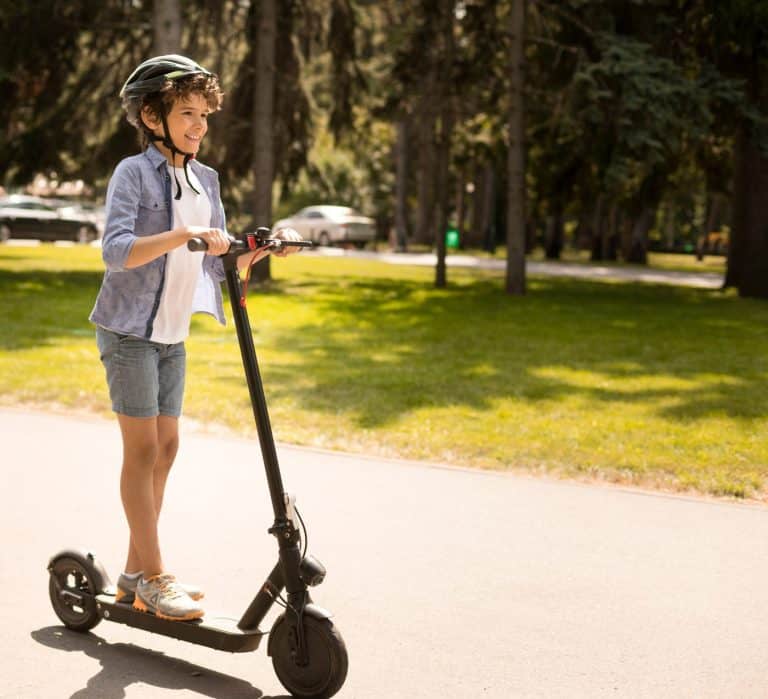
ADHD and traumatic brain injury have similar symptoms – here’s how parents can support their child
ADHD has been a hot topic recently, with more people being diagnosed and prescribed medication than ever before. As a specialist solicitor in the Child Brain Injury team at Bolt Burdon Kemp, I’ve noticed many children are diagnosed with ADHD following an accident, such as a road traffic accident, particularly if they have sustained a brain injury involving the front part of the brain (the frontal lobes).
While ADHD is considered a developmental disorder and a traumatic brain injury is due to a single event, problems related to ADHD and frontal lobe trauma look so similar they can be hard to tell apart.
Here I outline the key symptoms common to ADHD and frontal lobe trauma to watch out for, and share practical tips for parents and caregivers on how to support children with these symptoms. As ADHD and frontal lobe trauma can show up in different ways, it’s important to be aware of the signs and seek appropriate medical advice.
What is ADHD?
ADHD stands for Attention Deficit Hyperactivity Disorder. It involves a persistent pattern of inattention and/or hyperactivity-impulsivity negatively impacting a child’s daily life, particularly in learning and social settings.
If your child has ADHD they may have the following symptoms:
- Inattentiveness: Difficulty listening, following instructions, and getting easily distracted.
- Impulsivity: Trouble waiting their turn, a lack of awareness of danger and answering questions before they are fully asked.
- Restlessness: Frequent fidgeting, leaving their seat without permission, or constantly switching between activities.
- Difficulty focusing: Struggling to concentrate on tasks or activities.
- Hyperfocus: Immersing themselves so completely in an activity they become oblivious to everything around them, losing track of time, other chores, or the surrounding environment.
What is frontal lobe trauma?
Frontal lobe trauma refers to injury or damage to the frontal lobe of the brain. This part of the brain plays a key role in functions such as motivation, planning and social behaviour.
It is one of the most common areas of the brain to be affected by head trauma, such as when the head hits a car dashboard, the front handlebars of a bicycle, the ground when thrown from a bicycle or motorcycle or tree or other immobile object during sports.
If your child has an injury to their brain’s frontal lobes they may have the following symptoms:
- Inattentiveness: Difficulty paying attention or getting easily distracted.
- Impulsivity: Grabbing something they want without asking first, being unable to resist grasping or using an object placed in front of them, putting themselves in dangerous situations, like petting a growling dog or walking into a busy street, and interrupting conversations between others.
- Disinhibition: Difficulty in inhibiting emotions such as anger, or excitement, screaming or having a tantrum when disappointed or angry, and difficulty controlling socially inappropriate behaviour.
- Difficulty understanding others’ points of view.
- Perseveration: Being unable to switch tasks, saying or doing something repeatedly when there is no longer any reason to do so, and “getting stuck” on a topic or an idea.
As you can see, symptoms of frontal lobe injury are similar to those of ADHD and are equally likely to have a negative impact on a child’s daily life, particularly in learning and social settings.
How to support a child with ADHD or frontal lobe trauma
Here are some strategies to help you as parents and caregivers support your child with symptoms common to ADHD and frontal lobe trauma:
- Plan the day: Try to plan, so your child knows what to expect. Establishing routines around mealtimes, activities, and bedtime can help manage daily life.
- Set clear boundaries: Reinforce routines by setting clear expectations for behaviour and explaining the consequences if those expectations are not met.
- Provide clear instructions: Be specific and direct when giving instructions to your child. Children with ADHD or frontal lobe injury may be prone to dehydration due to hyperfocus, forgetfulness, lower self-awareness and some medications. Encourage them to drink a minimum of eight cups of fluids, preferably water, not fruit juices or sugary drinks, spaced out throughout the day.
- Coordinate with the school. Talk to your child’s teachers and the Special Educational Needs Coordinator (SENCO) to ensure your child receives the support they need at school.
Getting help
ADHD UK, the charity supporting those affected by ADHD, believes an estimated 2.6 million people in the UK have been diagnosed with ADHD (694,000 children, 1.9 million adults). The charity aims to help people navigate their life with ADHD by providing information and support, advocating and raising awareness and undertaking research.
How can we help?
At BBK, our Brain Injury Division represents children, young people and adults who have suffered traumatic brain injuries. We frequently see ADHD being diagnosed following these injuries and work with experts to help our clients access the therapy and rehabilitation they need to manage their symptoms, access education, maintain meaningful relationships and avoid social isolation. Many of our specialist solicitors are also qualified Special Educational Needs (SEN) advisers. They will help you secure a comprehensive Education, Health and Care Plan (EHCP) for your child, to ensure they get the support they need at school.
If you or a loved one has been diagnosed with ADHD following an accident that was not your fault, and you think the symptoms are similar to those of a traumatic brain injury, please contact our friendly team of solicitors on 020 3925 6894 or by completing our online form.









